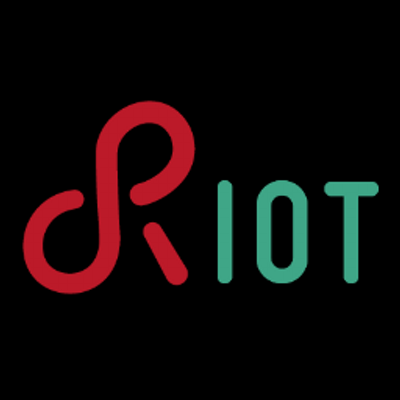Top 10 Features of Riot OS In 2023

Top 10 Features of Riot OS In 2023? Riot OS, also known as RIOT, is an open-source operating system designed specifically for Internet of Things (IoT) devices. With its lightweight and energy-efficient architecture, Riot OS has gained popularity among developers and IoT enthusiasts. In this article, we will explore the top 10 features of Riot OS in 2023, highlighting the advancements and capabilities that make it a preferred choice for IoT projects.
Low Memory Footprint
One of the key features of Riot OS is its low memory footprint. With IoT devices often having limited resources, Riot OS is designed to operate efficiently even on devices with constrained memory. Its optimized code and minimalistic design enable it to run on devices with as little as a few kilobytes of RAM, making it an ideal choice for resource-constrained IoT applications.
Real-Time Capabilities

Riot OS is built with real-time capabilities, allowing it to handle time-sensitive tasks with precision. It offers deterministic scheduling and preemptive multitasking, ensuring critical operations are executed in a timely manner. This makes Riot OS suitable for applications that require real-time response, such as industrial automation, smart grids, and robotics.
Efficient Power Management
In the world of IoT, power efficiency is crucial to maximize the lifespan of battery-operated devices. Riot OS excels in power management, offering various energy-saving mechanisms. It provides sleep modes and supports low-power protocols like IEEE 802.15.4, allowing IoT devices to conserve energy when idle and prolong their battery life.
Scalability and Modularity

Riot OS is highly scalable and modular, making it adaptable to different IoT applications. Its component-based architecture enables developers to choose and configure only the required modules, reducing memory usage and increasing efficiency. Moreover, Riot OS supports dynamic linking and run-time loading of modules, facilitating flexibility and extensibility in IoT deployments.
Networking Protocols Support
Interoperability is essential in the IoT ecosystem, where devices need to communicate seamlessly. Riot OS supports a wide range of networking protocols, including IPv4, IPv6, 6LoWPAN, and MQTT. This enables devices running Riot OS to connect and exchange data over both wired and wireless networks, ensuring compatibility and connectivity in diverse IoT environments.
Hardware Abstraction
Riot OS provides hardware abstraction, allowing developers to write platform-independent code. It abstracts hardware-specific details and provides a uniform interface for accessing sensors, actuators, and other peripherals. This simplifies the development process and promotes code reusability, making it easier to port applications across different IoT devices.
Read More: How to Enjoy the Colorful Festivals of India In 2023
Security and Privacy
With the growing concerns around IoT security, Riot OS incorporates robust security mechanisms. It supports secure communication protocols like Transport Layer Security (TLS) and Datagram Transport Layer Security (DTLS), ensuring secure data transmission over the network. Additionally, Riot OS includes features like memory protection and access control, safeguarding IoT devices against potential threats.
Developer-Friendly Environment
Riot OS offers a developer-friendly environment that eases the process of building IoT applications. It provides a comprehensive set of tools, including a build system, debugger, and emulator, enabling developers to efficiently develop, test, and debug their code. The availability of rich documentation, tutorials, and code examples further enhances the development experience with Riot OS.
Active Community Support

An active and supportive community is vital for the growth and sustainability of any open-source project. Riot OS boasts a vibrant community of developers and contributors who actively collaborate, share knowledge, and provide assistance. The community-driven development model ensures continuous improvement, bug fixes, and the introduction of new features to meet the evolving needs of the IoT ecosystem.
Conclusion
Riot OS stands out as a powerful operating system for IoT devices, offering a host of features that cater to the unique requirements of the IoT landscape. Its low memory footprint, real-time capabilities, power efficiency, scalability, and extensive networking support make it a compelling choice for IoT developers. With a developer-friendly environment and a thriving community, Riot OS continues to evolve and innovate, empowering the creation of robust and secure IoT solutions.
FAQs
Can Riot OS be used on resource-constrained IoT devices?
Yes, Riot OS is designed to operate efficiently on devices with limited resources and offers a low memory footprint.
Does Riot OS support real-time operations?
Absolutely, Riot OS provides real-time capabilities, making it suitable for time-sensitive applications.
What power management features does Riot OS offer?
Riot OS incorporates various power-saving mechanisms, including sleep modes and support for low-power protocols, to optimize energy consumption.
Can Riot OS be used with different networking protocols?
Yes, Riot OS supports a wide range of networking protocols, ensuring interoperability and connectivity in IoT deployments.
Is there an active community supporting Riot OS?
Yes, Riot OS has a vibrant and supportive community of developers who actively contribute to its development and provide assistance to fellow users.












One Comment